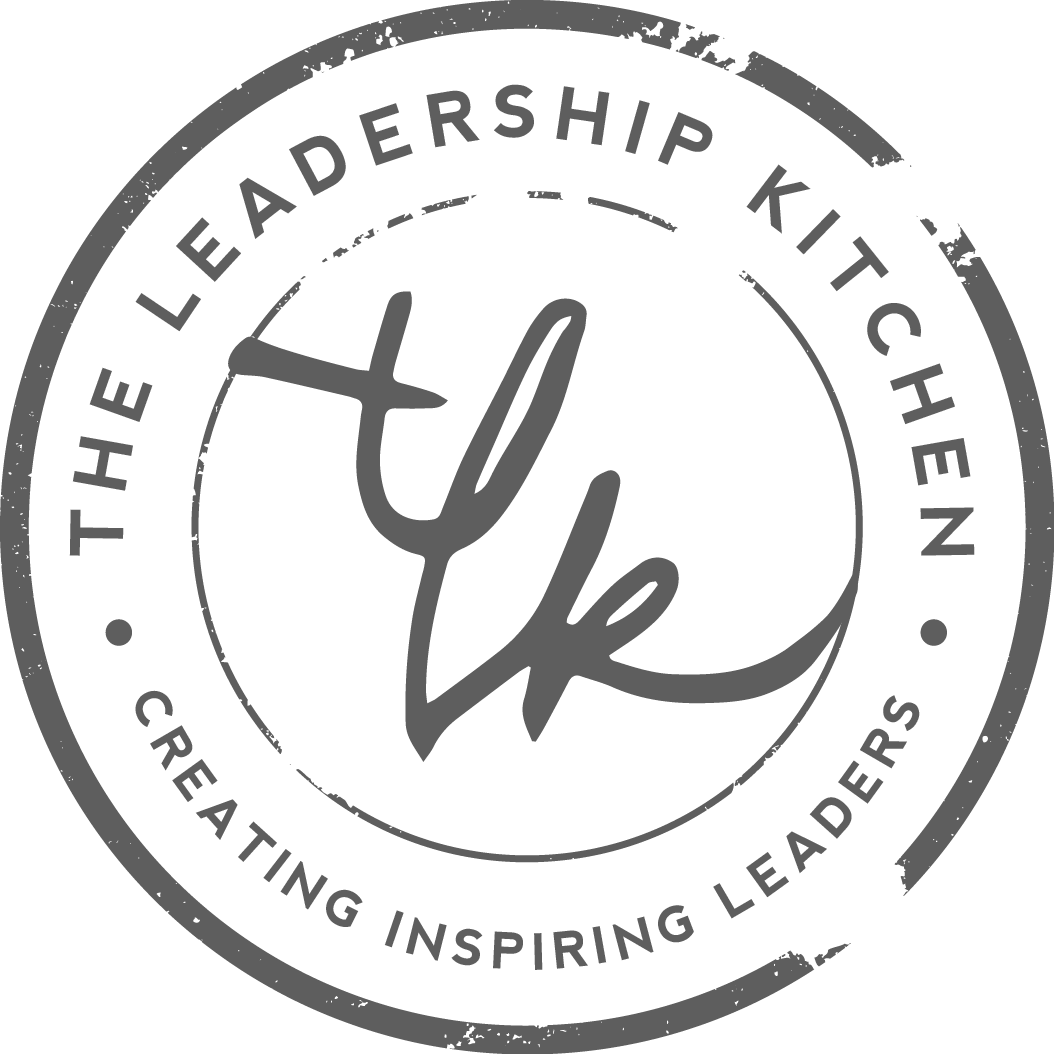Hands up if this is you:
Something bad happens, and you think..."Who's fault is it?"
For some of us, the tendency to blame others when things go wrong is habitual. So much so, that we automatically cast blame without realising we're doing it, even upon ourselves.
Has blame ever negatively impacted your relationship with a colleague? What about your relationship with yourself?
Although we know that blame is not conducive to maintaining healthy relationships, including our relationship with ourselves, we still continue to blame. Why?
Blame is easier. Blame is faster. Faulting others for our mistakes or simply for things going wrong has the effect of making us feel like we’re still in control. Some of us may feel that by placing blame we are working toward a solution. But in fact, blame has an inverse relationship with accountability. Blaming someone else or even yourself, doesn't serve you.
Then what exactly are we doing when we cast blame? Brené Brown describes what the research on blame reveals, “Blaming is a way that we discharge anger. Blamers spend all of our energy raging for 15 seconds and figuring out whose fault something is.” Some feel, “I’d rather it be my fault than no one’s fault.”
So, blaming is, "Simply the discharging of discomfort and pain." Never thought of it like that before?
Once you look at blame as merely a discharge of emotion rather than a catalyst for accountability, the need to cast blame seems futile.
If blame does not support accountability, then what really happens when we place blame? Do the best solutions ever come from blaming someone?
The next time things go wrong, try a different approach. Use self awareness to pause and assess a situation with empathy. It can be uncomfortable thing to do, to lean into an error and consider how we can learn from it.
When dealing with others, replace judgement with understanding, and open a safe space for talking things over, rather than casting blame.
In moments when you would usually blame yourself, acknowledge your feelings and circumstances, then without self judgement, seek a constructive outcome.
It takes courage, effort and time to truly hold someone accountable, including yourself–without the need to place blame. You need to have tenacity and grit and a whole lot of practice. But you're rewarded with learning, growth and strengthened relationships.

